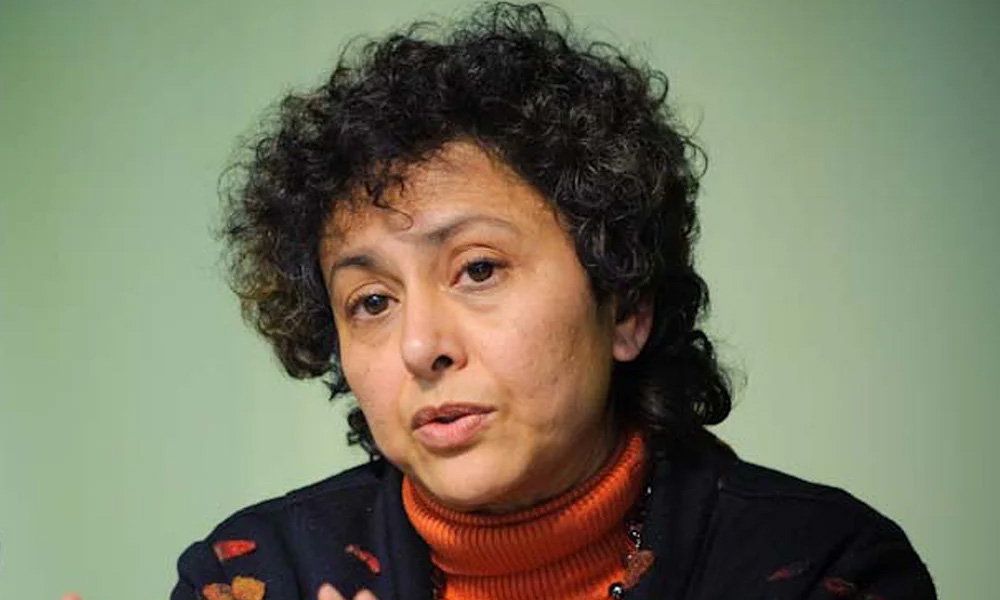Malaysia should heed UN's call to suspend 'fake news' ordinance, says professor
The government should heed a call by the United Nations to suspend a fake news ordinance regarding the Covid-19 pandemic and emergency proclamation, an academician said today.
University of Nottingham Malaysia media professor Zaharom Nain (above) said the UN's call also strengthened similar demands made by various local groups.
Last month, activists held a peaceful protest against the ordinance outside Parliament.
"It certainly strengthens the calls by local groups and individuals for this unnecessary and, indeed, abhorrent ordinance to be scrapped.
"As part of the UN community and signatory to the related UN conventions and treaties, our word must be our bond in order for Malaysia to be respected internationally," Zaharom told Malaysiakini today.
He said this in response to a letter sent by UN special rapporteur on the promotion and protection of the right to freedom of opinion and expression, Irene Khan, to the permanent representative for Malaysia in Geneva, Switzerland, dated March 25.
Among others, Khan said the Emergency (Essential Powers) (No 2) Ordinance 2021 severely affects freedom of expression in Malaysia "beyond what is permissible under international law".
In the letter published on the UN High Commissioner for Human Rights Office website, she called on the government to suspend the implementation of provisions that violated international law and standards.
"Even if the ordinance is meant to serve to protect a legitimate interest under international law, it further needs to be necessary and proportionate to the interest protected.
"The requirement of necessity implies an assessment of the proportionality of restrictions.
"In this context, I worry that the ordinance may stifle legitimate expressions, especially those related to political or health issues," she said.
Further, Khan called on Malaysia to reconsider its approach towards combating "fake news", noting the revival of controversial elements under the now-repealed Anti-Fake News Act 2018.

In seeking a response from the Malaysian government, Khan advised authorities to take necessary steps to protect freedom of opinion and expression, as guaranteed by Article 19 of both the Universal Declaration of Human Rights (UDHR) and International Covenant on Civil and Political Rights (ICCPR).
In Malaysia, critics had raised concerns over the impact of the ordinance on freedom of speech and expression, despite the government's assurance that it would only be used to combat "fake news" on Covid-19 and the emergency proclamation.
The Emergency (Essential Powers) (No 2) Ordinance, which took effect on March 12, stated that perpetrators who spread "fake news" in writing, videos, audio recordings or in any other forms which may convey "words or ideas" will face action.
The ordinance grants the courts powers to order the removal of a publication if it is determined to be "fake news", failing which the court may order the police or an authorised officer to do so.
The ordinance also overrides the Evidence Act 1950 and gives the police the powers to arrest, enforce, investigate and inspect.
The punishment would be a fine not exceeding RM100,000 or imprisonment for a term not exceeding three years or both and in the case of a continuing offence, a further fine not exceeding RM1,000 for each day the offence continues after conviction. - Mkini
✍ Credit given to the original owner of this post : ☕ Malaysians Must Know the TRUTH
🌐 Hit This Link To Find Out More On Their Articles...🏄🏻♀️ Enjoy Surfing!




















Post a Comment